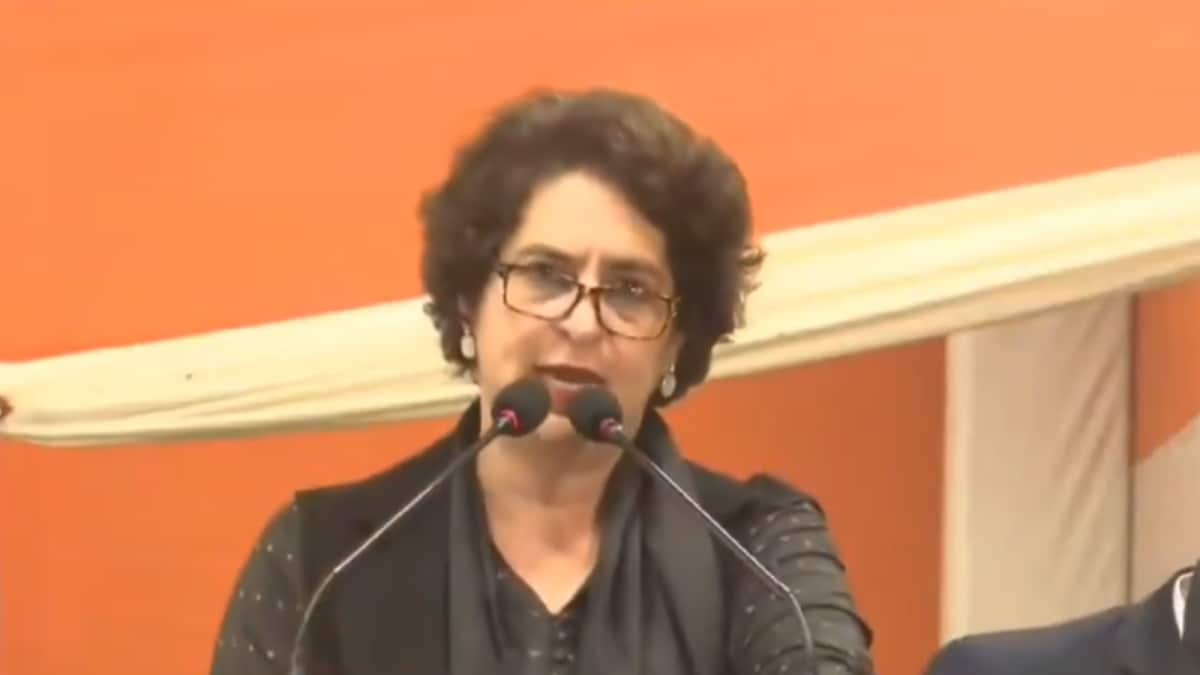“Let’s apply the three Dharmic principles of cooperation, distribution and regeneration to achieve both Atmanirbhar Bharat (self-reliant India) and Viksit Bharat (developed India),” he said.
The Puducherry-born author said that Indians need to bravely stretch the limits of imagination to develop the country.
“If you want to build a better economy, you must first develop the new mindset that depends on cooperation, distribution and regeneration,” he said. “Now we face the chicken-egg paradox – do we build a new economy first, or do we build a new mindset first? I suggest we do both at the same time in a mutually reinforcing way. Let us build a frugal economy that does better with less, that is create more economic and social and ecological value while minimising waste and emissions.”
He highlighted that as India builds this frugal economy, it will also develop a new mindset that is based on cooperation, distribution and regeneration. This whole economy is no utopia, he said. “Actually, I dedicated the last 10 years studying the rise of it, and this is actually rapidly emerging and supported by three core pillars that embody the new mindset and a new generation of conscious customers and innovators are supporting and propelling forward the rise of this global economy,” said Radjou.
The first pillar, he said, is business-to-business (B2B) sharing.”Today, what we are seeing is that the companies are thinking differently. Rather than compete, more companies are thinking, why don’t we learn to cooperate and share resources with each other? This has actually been happening for many years in Europe,” he said. For instance, he said, in an eco-industrial park in Denmark, a dozen companies share their energy, water and waste materials as an integrated ecosystem, a mutually beneficial practice of sharing that is called industrial symbiosis.
He alsos pointed out that there are inspiring examples of how companies can share physical resources such as underused equipment, trucks, space and manufacturing capacity.







